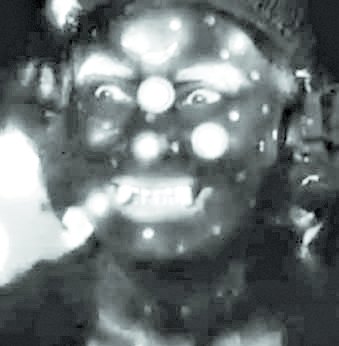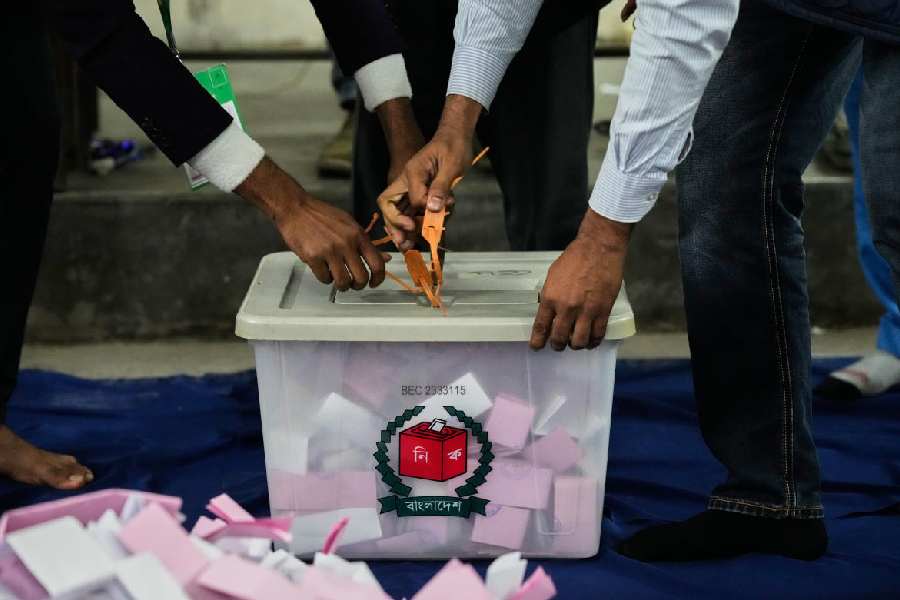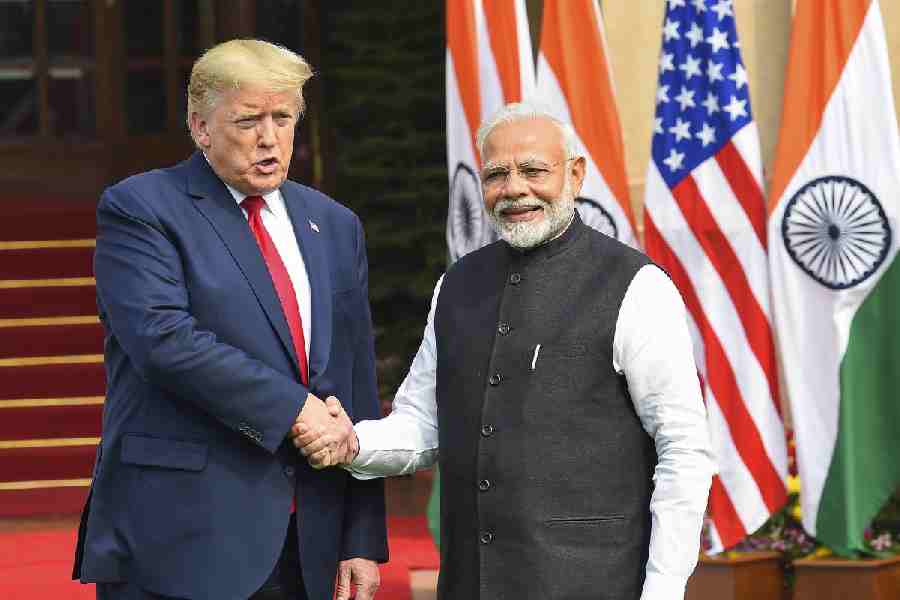
It must have been Casper, the friendly spirit. A Metro railway driver was recently forced to stop the train after crossing Rabindra Sarovar station when he spotted a 'ghost' inside a tunnel. Such spectral sightings are apparently quite common on that stretch. Drivers and commuters of late-night trains have often seen ghosts taking a stroll on the tracks. It is believed that these are the spirits of those who have committed suicide in Rabindra Sarovar, which has the dubious distinction of accounting for 70 per cent of the deaths that have taken place inside Calcutta's popular subterranean rail network.
Metro officials are unwilling to dismiss the theory of unnatural sightings. For very good reasons too. The ease with which people gain access to the tunnels would, otherwise, raise serious questions about passenger safety and expose the gaping holes in the security arrangement. But then nothing can keep out those who have crossed over to the other side of Styx.
Literature reminds us that not every ghost is a fiend; there are friends to be found among the dead. In Shob Bhuture, Leela Majumdar wrote of the antics of Shiji and Guji, the two dead children who help the child-hero get even with bullies. Satyajit Ray's king of ghosts changed the lives of two ordinary village lads, Goopy and Bagha, with his boons. Parashuram's Bhushundir maath is crowded with adorable spooks.
Fiction and fact - the excuse cited by the decidedly inept Metro officials - reaffirm the human propensity to invoke the irrational in an attempt to survive great odds. Even though in most cultures, the dead are objects of fear and veneration. This anxiety stems not only from the human inability to fully comprehend the unknown but is also the result of the prevailing orthodoxy, superstition and illiteracy. But the existence of a parallel - and rich - tradition of story-telling, myths and rituals that infuse the departed with humane and benign qualities underlines a conscious attempt to confront the fear of what cannot be known.
The irrational is not free from its share of vices. But it does have unintended benefits. In older, adivasi societies on the cusp of inequitable change, the rituals observed to honour the spirit of the departed have evolved to share grief and strengthen community bonds during difficult times. In the city, several old buildings have survived the long arm of unscrupulous real-estate dealers because of their reputation of being a refuge of the dead.
The human relationship with the other-worldly is certainly ambiguous. But it is difficult to make a case for the benefits of unreason if one were to take into consideration the steep price it exacts. Witch-doctors and godmen, to cite just two examples, continue to assert their extra-judicial authority over segments of the population that remain out of the purview of welfare programmes. At the heart of the perpetuation of the irrational is the institutional (State and religious) desire to control vulnerable citizens. Resistance, as the murder of the activist, Narendra Dabholkar, showed, is punished by death.
The friendly ghost who haunts Calcutta's underground may have ended up saving the jobs of errant officials. But when put in the wrong hands, he is more of a fiend than a friend.











